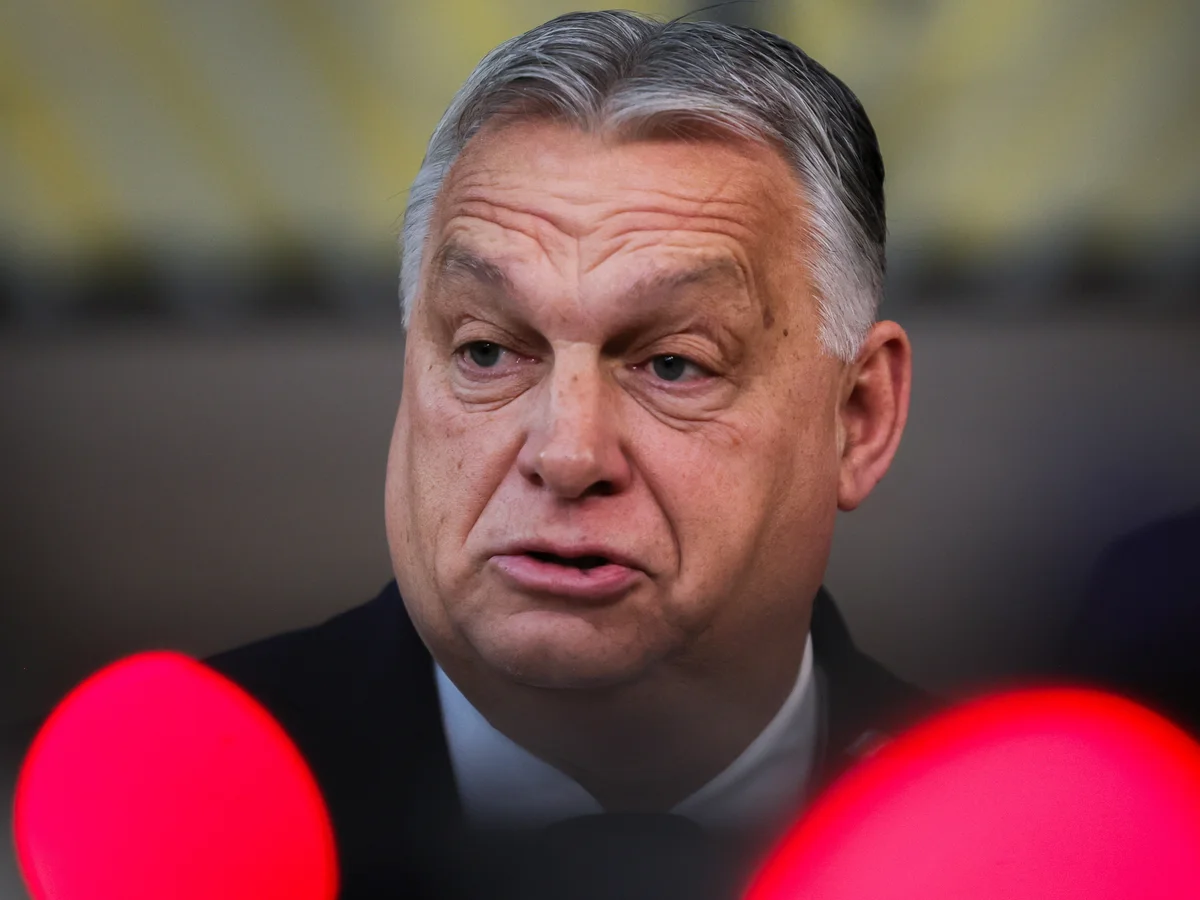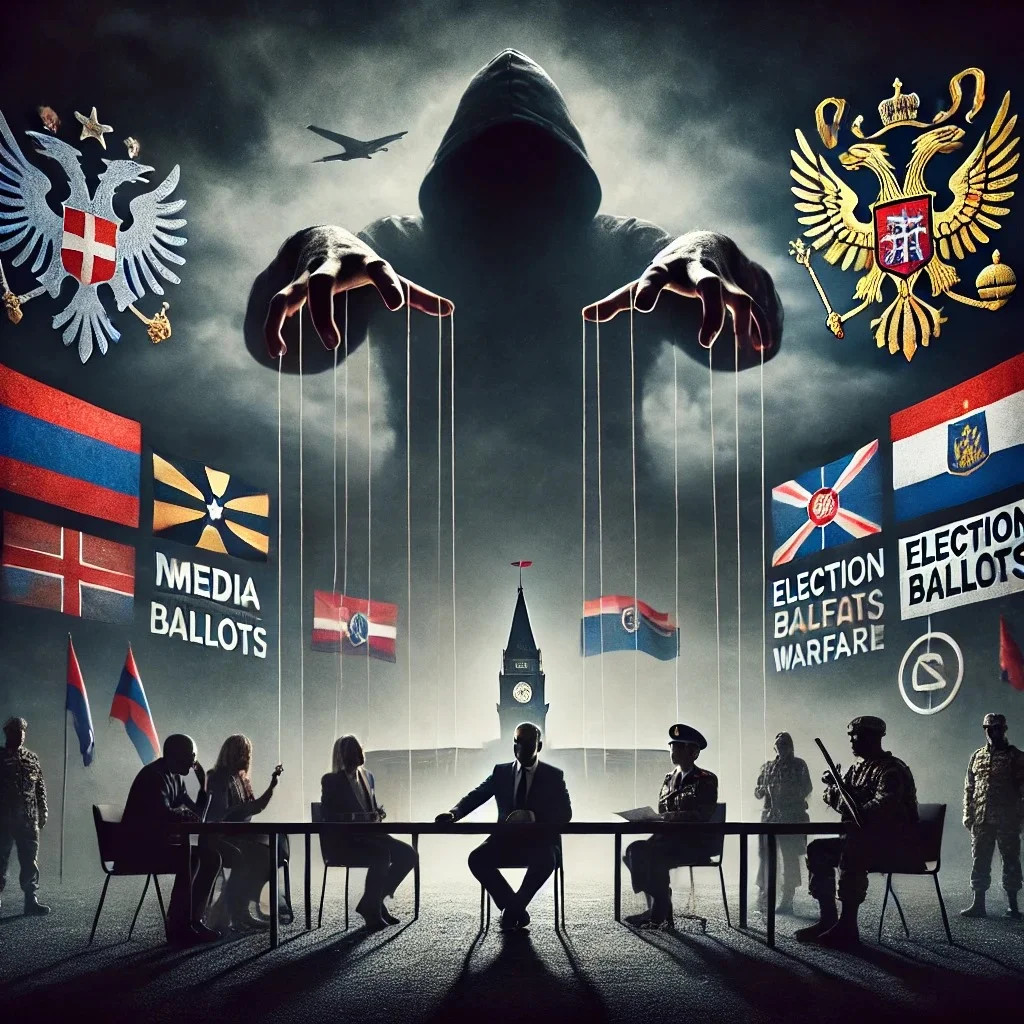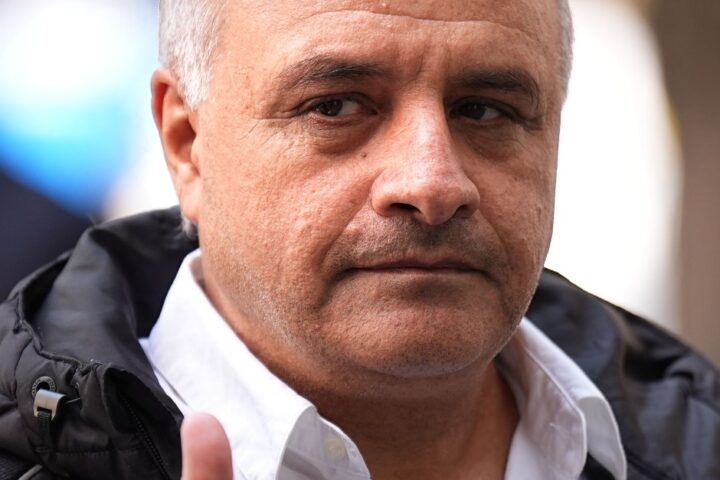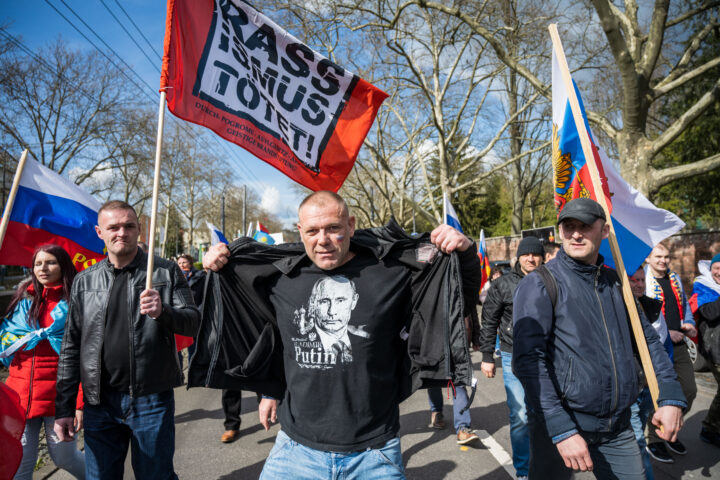Hungarian Prime Minister Viktor Orbán has publicly rejected the European Commission’s proposed EU budget for 2028–2034, threatening to veto the plan over a €100 billion support package earmarked for Ukraine. His opposition comes amid broader criticism of budget cuts to European farmers and reflects growing friction between Budapest and Brussels over the bloc’s unified approach to Russia’s war in Ukraine.
Hungary rejects budget with €100 billion for Ukraine recovery
The European Commission unveiled its proposed EU budget for 2028–2034 on July 16, aiming to increase total spending from €1.21 trillion to €1.816 trillion. A significant portion—€200 billion—is allocated to “external actions,” with €100 billion specifically dedicated to Ukraine’s long-term recovery from Russia’s full-scale invasion.
EU Commissioner for Trade Piotr Serafin described the support as a “long-term commitment to Ukraine’s reconstruction,” emphasizing its strategic role in stabilizing Europe’s eastern flank.
Orbán links Ukraine aid to farmer cuts, rails against Brussels
Orbán strongly criticized the plan, accusing the EU of prioritizing Ukraine over domestic agricultural support. In a Facebook post, he said Hungary would “never accept an EU budget that sends Hungarian money to Ukraine” or “destroys Hungarian farmers.” He further argued that EU funds should not be contingent on aligning with Brussels’ policies on war, migration, or gender equality.
Hungary’s prime minister, known for his pro-Kremlin stance, linked the proposed aid package to budgetary cuts for EU farmers, asserting that the revised distribution of funds is unfair to member states like Hungary.
Orbán’s stance isolated within the EU
Despite his threats, Orbán’s position is unlikely to derail the budget. EU spending decisions are made by qualified majority voting, meaning unanimous support is not required. Still, his rhetoric poses a political challenge for EU unity and sends a troubling signal as Ukraine’s war effort depends on sustained external assistance.
According to 24tv.ua, most EU member states support the Commission’s financial framework, viewing the aid to Ukraine not only as economic support but as a strategic investment in Europe’s long-term security. Officials in Brussels consider Orbán’s threats an attempt to leverage the budget process for domestic political gain.
EU unity at stake amid pressure from Hungary
Orbán’s open defiance underscores the tensions between national interests and EU-wide solidarity. The European Union’s ability to present a united front is vital at a time of geopolitical uncertainty, and internal blockades risk undermining the bloc’s credibility as a cohesive global actor.
Brussels is now considering legal and procedural reforms to limit the impact of such unilateral veto threats. These discussions aim to ensure that essential decisions—especially those concerning collective security and support for partners like Ukraine—cannot be derailed by individual member states acting in opposition to broader EU consensus.
Strategic aid to Ukraine viewed as pillar of European stability
The proposed €100 billion for Ukraine goes beyond reconstruction. For many EU leaders, it is a strategic pillar of the bloc’s security policy. As Ukraine resists Russia’s aggression, the country effectively serves as a shield for the rest of Europe. Stable, predictable funding is seen as essential not only for Ukraine’s survival but for the long-term resilience of the EU’s eastern border.
Analysts warn that obstructing support plays directly into the Kremlin’s interests. By sowing internal division, such moves risk weakening the EU’s collective stance and emboldening authoritarian actors.
EU moves to safeguard decisions from internal sabotage
To counter these risks, the European Commission and European Parliament are weighing options to reform decision-making processes—specifically around budget and foreign policy issues. These reforms aim to prevent strategic matters from being held hostage by individual governments, particularly when those governments appear aligned with external adversaries.
As the debate continues, the EU faces a test of its institutional cohesion, political resolve, and long-term vision in the face of external aggression and internal disruption.











